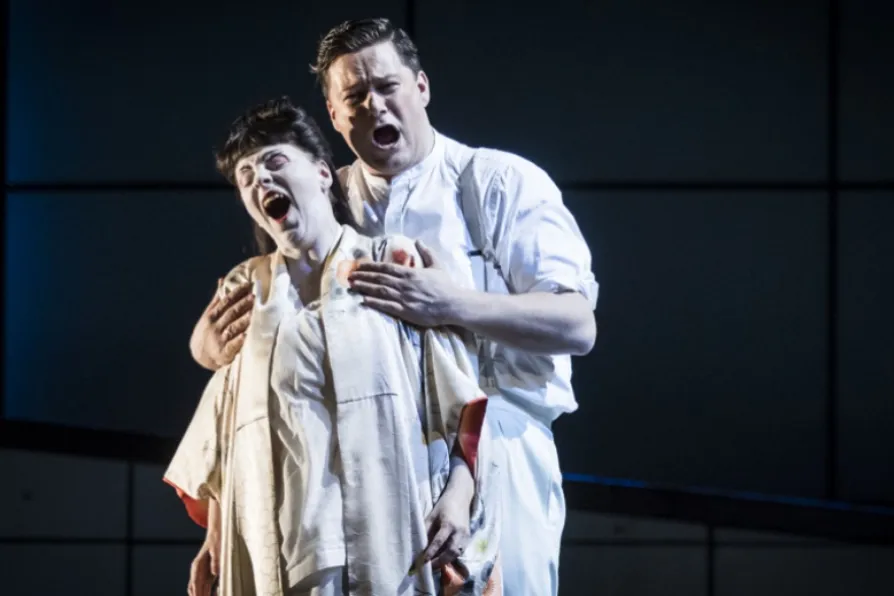STEVE JOHNSON relishes a celebration of the commonality of folk music and its links with the struggles of working people the world over

 A dress rehearsal of Opera North's Madama Butterfly
A dress rehearsal of Opera North's Madama Butterfly
“RUGBY union is a middle-class sport,” a leftie friend told me recently. I should prefer football, he insisted, which is “working-class opera.”
Now, apart from repudiating his daft claim — as a rugby fan, I’m an old Arms Park groundling, rather than a Twickers toff — he got me thinking. Why isn’t opera “working class”?

LYNNE WALSH reports from the Women’s Declaration International conference on feminist struggles from Britain to the Far East

Caroline Darian, daughter of Gisele Pelicot, took part in a conversation with Afua Hirsch at London’s Royal Geographical Society. LYNNE WALSH reports

This year’s Bristol Radical History Festival focused on the persistent threats of racism, xenophobia and, of course, our radical collective resistance to it across Ireland and Britain, reports LYNNE WALSH

LYNNE WALSH previews the Bristol Radical History Conference this weekend














